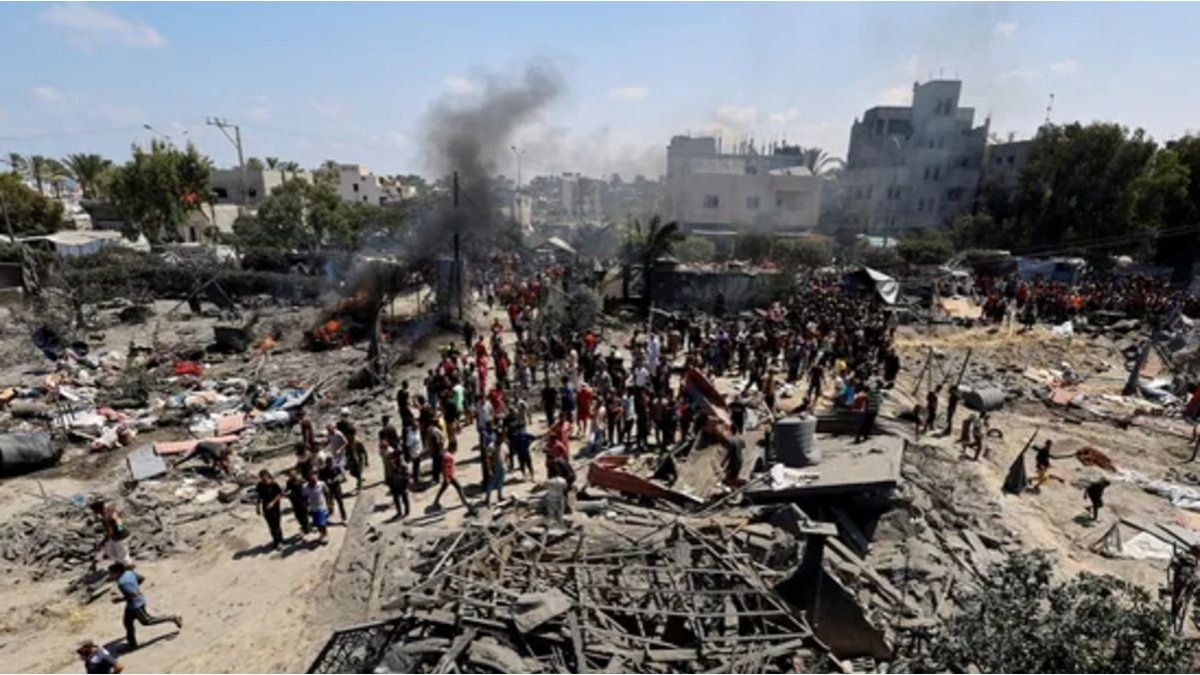Georgieva Alberto Rome
Telam
For many high- and middle-income countries, the IMF had already lost importance due, in part, to the easing programs implemented since the 2008 crisis, which meant submitting to certain conditions to obtain a loan, which other agents began to grant without so many requirements. However, Georgieva has skills that favor the IMF’s developer role. Compared to some of her predecessors, she is a progressive economist and backed by renowned scholars of heterodoxy. This represents an important change in the traditional role of the Agency.
The most paradigmatic example of this change occurred last month with the distribution of US $ 650 billion in Special Drawing Rights (SDR) to all its members, to offset the impact of the Pandemic and help drive the global economic recovery.
The crisis of transparency that the Fund is going through today cannot be ignored, contextualized in a systemic crisis that global multilateralism is going through, characterized by significant deficits in terms of legitimacy, equitable representation of States and clear accountability. In addition to the reconfiguration of power relations at the international level, due to their own limitations in their ability to respond to new global and regional threats, and the emergence of important actors with a high protectionist and nationalist bias, the main institutions of multilateralism are going through today a critical moment.
Without losing sight of the possible risks, this global situation opens a range of opportunities for the Argentine government and the refinancing of the debt with the IMF of 44,000 million dollars, which the government of Mauricio Macri took. With this problem as the central axis, Alberto Fernández has an international agenda planned at the end of the month to position Argentina in 2 important international forums and obtain political support from the main powers. On the one hand, at the Summit of Heads of State of the G-20 in Italy, President Pro Tempore of the multilateral forum, in which he hopes to obtain the support of the United States to advance the agreement to restructure the debt and the United Nations Conference on Climate Change (COP 26).
This travel agenda of the president is of the utmost importance and would be the continuation of the actions of the chancellor, Santiago Cafiero; the chief of staff, Juan Manzur; the Minister of Economy, Martin Guzman, and the secretary of Strategic Affairs, Gustavo Beliz, both in Italy and in the United States, with Ministers from other countries, IMF technicians, businessmen and North American investors. Getting Biden’s political support would mark an important step for our country in the negotiations with the fund, for which the Argentine Ambassador in Washington, Jorge Argüello, is working prominently.
Alberto FMI

After getting the promise of political support from the governments of the European Union, China, Russia, and Latin American and African countries, Argentina already has strong grassroots support at the IMF. Although Alberto Fernández said that there is no time limit to sign a new program with the International Monetary Fund, there are those who warn that the closing of the agreement cannot be delayed beyond March 31 because there is a possibility of not having sufficient reserves in the Central Bank to meet the expected maturities that month (about 22,000 million dollars) with that body and with the Paris Club to avoid default.
Global conditions are in place for Argentina to obtain a rational, sustainable and favorable agreement in its interests. But an easy negotiation cannot be expected from the other party. Faced with this reality, the entire Argentine political leadership must unify its position to strengthen the Government’s position and negotiate firmly in pursuit of the defense of the resources of all Argentines.
* Director of the Electoral Observatory of the Permanent Conference of Political Parties of Latin America and the Caribbean (COPPPAL), Executive Director of Institutional Policy of the Ombudsman’s Office of the City of Buenos Aires and Member of the Network of Political Scientists.




